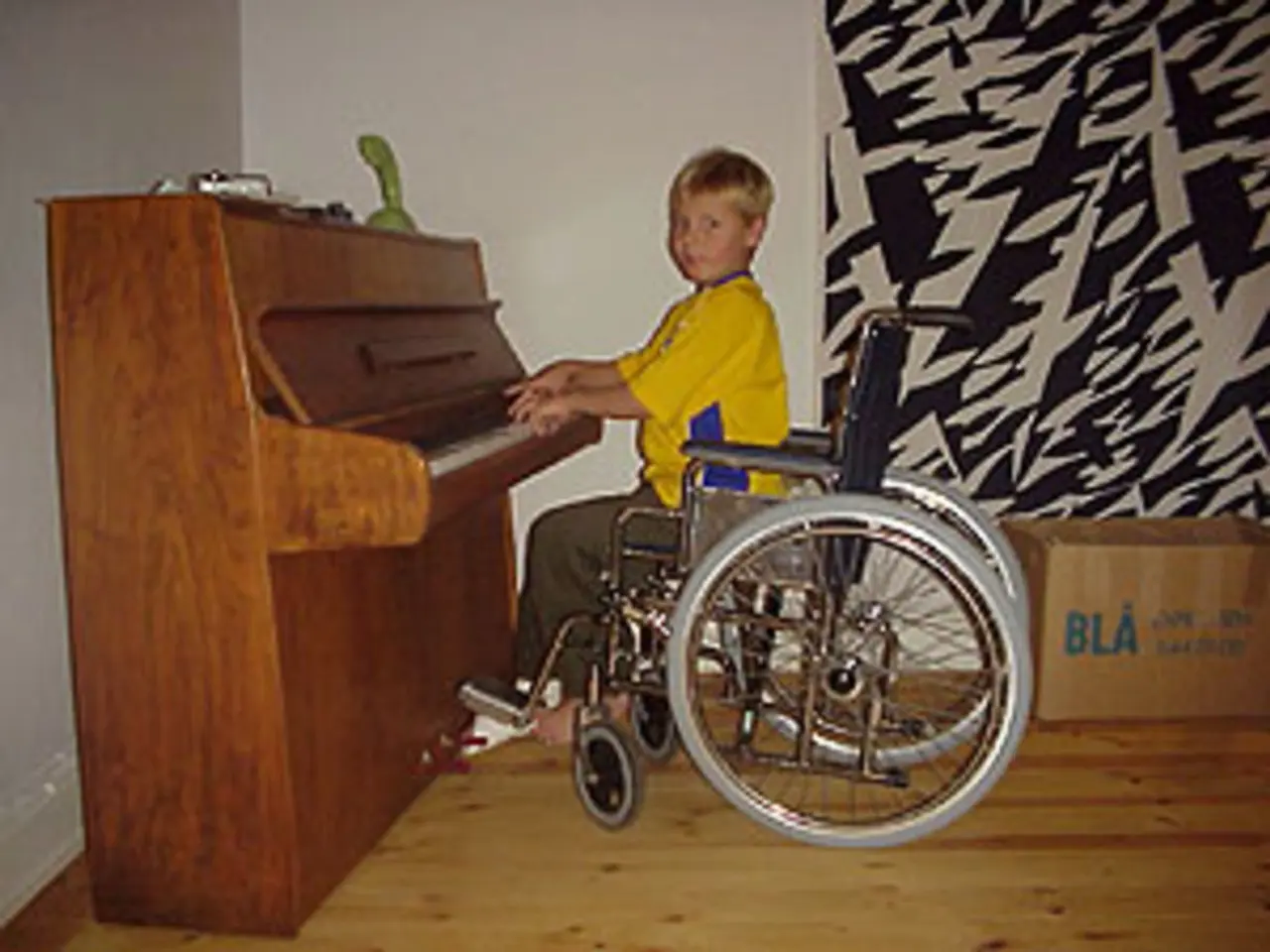Autism Classified as a Disability?
In the United States, individuals with Autism Spectrum Disorder (ASD) are considered disabled from a medical, legal, and social standpoint. This article aims to provide a clear and straightforward explanation of the disability benefits available for autistic people.
Firstly, it's essential to understand that the Social Security Administration (SSA) has a strict legal definition of "disability" that differs from the Americans with Disabilities Act (ADA). According to the SSA, to be found disabled, a person must be unable to do work and engage in substantial gainful activity (SGA) due to their medical condition. This definition is different from the ADA, which defines a disability as a person who has a physical or mental impairment that substantially limits one or more major life activities.
The SSA maintains a list of medical conditions that may prevent a person from doing SGA, and Autism Spectrum Disorder is located on this list under "mental disorders." However, it's important to note that autistic people who have advanced conversation skills and need little to no support in their daily lives may not meet the legal definition of disability.
For children, they may be eligible for Supplemental Security Income (SSI) if their parents make less than a certain amount. Children may continue to receive disability benefits until age 19 if they are a full-time elementary or high school student. In some cases, conservatorship may be an option to maintain benefits for an autistic adult.
Autistic people in the United States have access to the same government disability benefits as all disabled people, including Social Security Disability Insurance (SSDI), SSI, Medicaid, in-home care, vocational care, and protection against discrimination. The SSA Benefits Eligibility Screening Tool can help determine which programs a person may be eligible for.
It's worth mentioning that autistic individuals may experience varying levels of disability due to differences in their needs. Autistic people who have difficulty communicating, understanding social behaviors, delayed movement and cognitive skills, or non-verbal may meet the legal definition of "substantially limiting one or more major life activities."
In the USA, organizations such as the Autistic Self Advocacy Network (ASAN) serve as key institutions for advocating and assisting with autism-related aid applications. ASAN is a well-connected nonprofit based in Washington, D.C. that works on policies benefiting autistic people.
Lastly, it's important to note that if a person's earnings average more than a certain amount per month, they may not qualify for disability benefits. It's always recommended to consult with a professional or the SSA directly for personalized advice and guidance.
In conclusion, understanding the disability benefits available for autistic individuals in the United States can be complex. However, with the right information and resources, individuals and their families can navigate the process and access the support they need.
Read also:
- Nightly sweat episodes linked to GERD: Crucial insights explained
- Antitussives: List of Examples, Functions, Adverse Reactions, and Additional Details
- Asthma Diagnosis: Exploring FeNO Tests and Related Treatments
- Unfortunate Financial Disarray for a Family from California After an Expensive Emergency Room Visit with Their Burned Infant








